Speaking at the closing ceremony of the 11th Central Conference of the 13th tenure on the afternoon of April 12, General Secretary To Lam said that the Central Executive Committee highly agreed on policies on organizing local governments at two levels, including provincial level (provinces and centrally-run cities) and communal level (communes, wards, and special zones under provinces and cities).
Eliminate district level after amending the Constitution, reduce 60-70% of communes
The Central Government also agreed on the number of provincial-level administrative units after the merger to be 34 provinces and cities (28 provinces and 6 centrally-run cities) with names and administrative-political centers determined according to the principles stated in the Submissions and Projects.
The policy of ending the operation of district-level administrative units after the National Assembly resolved to amend and supplement a number of articles of the 2013 Constitution and the Law on Organization of Local Government 2025 (amended) was also agreed upon by the Central Government.
According to the General Secretary, the Central Committee highly agrees with the policy that after the merger, the number of commune-level administrative units nationwide will be reduced by about 60-70% compared to the current number.
General Secretary To Lam delivers the closing speech at the 11th Central Conference (Photo: Doan Bac).
The Central Committee also agreed to the policy of establishing local party organizations corresponding to the provincial and communal administrative systems; ending the activities of district-level party committees; and the establishment of local party organizations in accordance with the Party Charter and regulations of the Central Committee.
With the new administrative organization model, the provincial level is both the level that implements policies from the Central Government and the level that issues policies in the province or city and directly directs and manages the activities of the commune level in the area.
Commune level mainly implements policies issued by the Central and Provincial levels; is strengthened in decentralization and has the authority to issue legal documents to decide on the organization of law enforcement in the area and decide on issues under its authority.
Closing session of the 11th Central Conference (Photo: Doan Bac).
General Secretary To Lam said that at this Conference, the Central Committee agreed on the policy of arranging, streamlining, and merging the agencies of the Vietnam Fatherland Front, socio-political organizations, and mass organizations assigned by the Party and State at the central, provincial, and communal levels as stated in the Report and Project of the Party Committee of the Vietnam Fatherland Front and Central organizations.
In addition, the Central Executive Committee agreed on the policy of ending the activities of civil servant unions and armed forces unions, and reducing the level of union dues paid by cadres, civil servants, public employees and workers.
The Central Conference highly agreed on the policy of continuing to arrange and streamline the apparatus of the People's Court and the People's Procuracy; ending the operations of the People's Court and the People's Procuracy at the high and district levels.
The unified orientation is to establish a system of People's Courts and People's Procuracies with 3 levels: People's Court and Supreme People's Procuracy; People's Courts and People's Procuracies at the provincial, centrally-run city and regional levels (the system of military courts and procuracies retains the current model).
Unprecedented strategic decision
The Central Executive Committee agreed on the policy of amending and supplementing the Constitution and laws of the State related to regulations on local governments to serve the organization and apparatus of the political system; regulations on the Vietnam Fatherland Front and socio-political organizations.
This task must be completed by June 30 and takes effect from July 1.
The Central Government requires regulations on transition time to ensure smooth, uninterrupted operations, in accordance with the planned plan and roadmap for arrangement and merger.
In addition, the Central Committee requested that the National Assembly, the Government and relevant agencies closely and effectively coordinate to implement tasks on institutional improvement.
Delegates attending the 11th Central Conference (Photo: Doan Bac).
The General Secretary noted that it is necessary to focus highly on performing these tasks well, strongly innovate thinking and working methods, and strive to thoroughly remove institutional barriers, difficulties, and obstacles in 2025 to create a legal corridor and a foundation for development," the General Secretary emphasized.
He noted promoting decentralization and radical delegation of power associated with streamlining the apparatus, creating new development space for localities and the whole country.
"The development and promulgation of laws, mechanisms and policies must closely follow the Party's leadership, closely follow the practical situation and the specific characteristics of the revolution in terms of organizational structure, and not let the situation of waiting for laws and mechanisms lead to delays and lost opportunities," the General Secretary requested.
According to the Party leader, it is necessary to create an open, transparent, safe, low-cost business environment; thoroughly handle institutional "bottlenecks" to turn them into resources and competitive advantages, making Vietnam one of the leading countries in administrative reform and creative startups to be able to catch up, go along with, and surpass the leading countries.
According to General Secretary To Lam, the Central Executive Committee believes that continuing to reorganize the political system is an unprecedented strategic decision, with the highest goal of rapid, stable, and sustainable development of the country.
This policy also aims to better care for people's lives, build a streamlined government apparatus, shift from passive management to proactive service to the people, create development, and have the capacity to effectively organize and implement the Party's policies into practical life in the era of development and prosperity.
"This arrangement of local administrative units is built on the spirit of science, innovation, creativity, and close adherence to reality with a long-term vision, at least 100 years, ensuring the formation and expansion of new economic, social, and cultural development space suitable for national development," the General Secretary emphasized.
He requested that the local government after the reorganization must ensure streamlining, efficiency, closeness to the people, meeting the requirements of modern social governance, achieving the goals of rapid and sustainable growth; creating new positions and strengths for the task of ensuring national defense, security, and foreign affairs; creating momentum and motivation for economic development, focusing on promoting the private economy; accelerating the development of science and technology and innovation.
The restructuring of the model and organization of the Vietnam Fatherland Front and socio-political organizations, mass organizations assigned tasks by the Party and the State must be truly streamlined, ensuring no duplication or overlap in functions and tasks; no administrativeization of activities, strong focus on residential areas, close to the people, serving the people in the spirit of "focusing on and practicing people as the root", must truly be the "extended arm " of the Party to each household, each person; must take care of the legitimate and legal rights and interests of union members, association members and the people.
The General Secretary also thoroughly implemented the principle of the Party's unified leadership in building the organizational apparatus, personnel work, and management of the staff and payroll of the political system; continued to innovate, perfect, and synchronously and closely implement regulations on personnel work at all levels, sectors, and localities according to the principles of publicity, transparency, and strengthening control of power, linking power with personal responsibility.
In addition, the General Secretary emphasized the need to identify, take preventive measures, and resolutely fight against and strictly handle acts of corruption, waste, negativity, disunity, power abuse, factionalism in the process of restructuring the apparatus and handling public assets...
Dantri.com.vn
Source: https://dantri.com.vn/xa-hoi/trung-uong-thong-nhat-sau-sap-nhap-ca-nuoc-con-28-tinh-va-6-thanh-pho-20250412141639417.htm


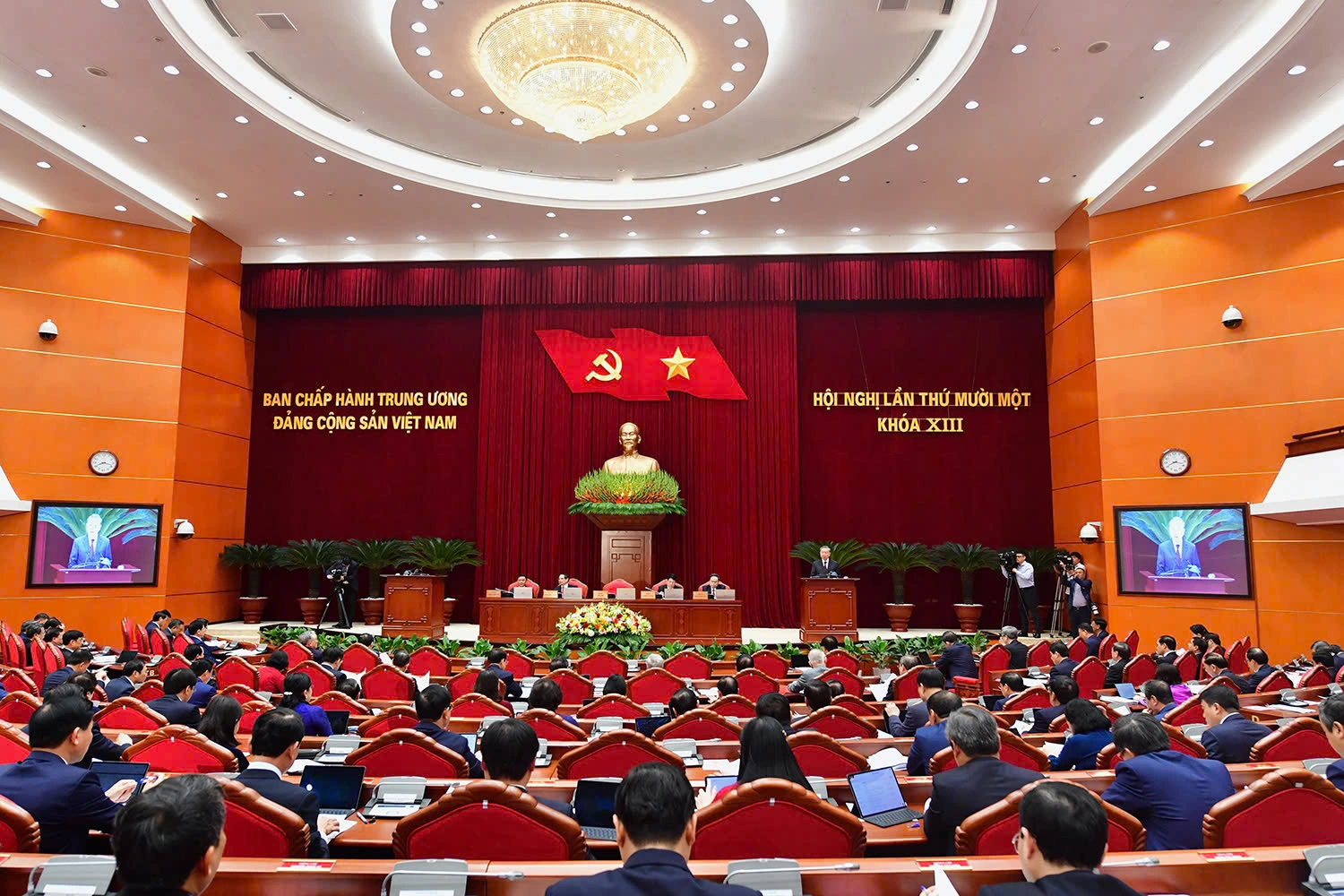
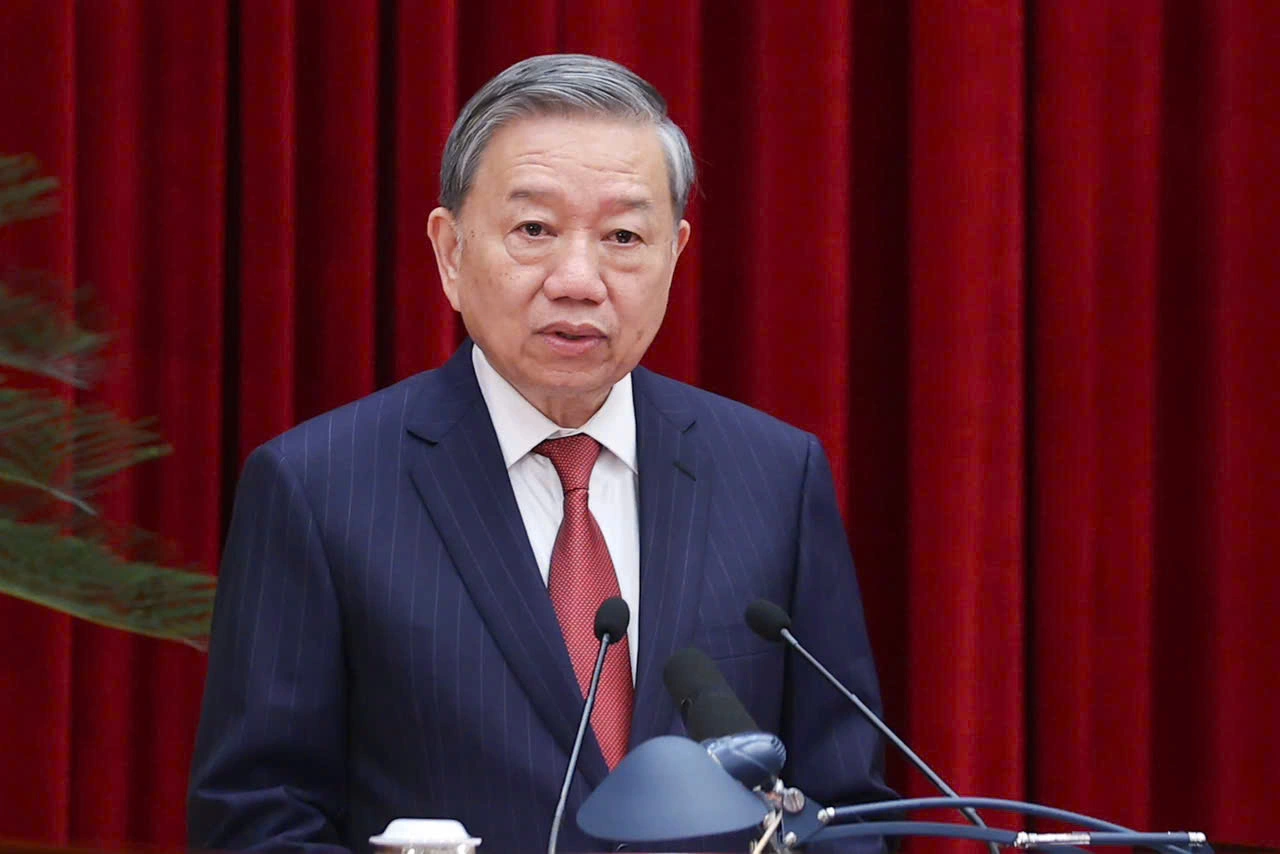
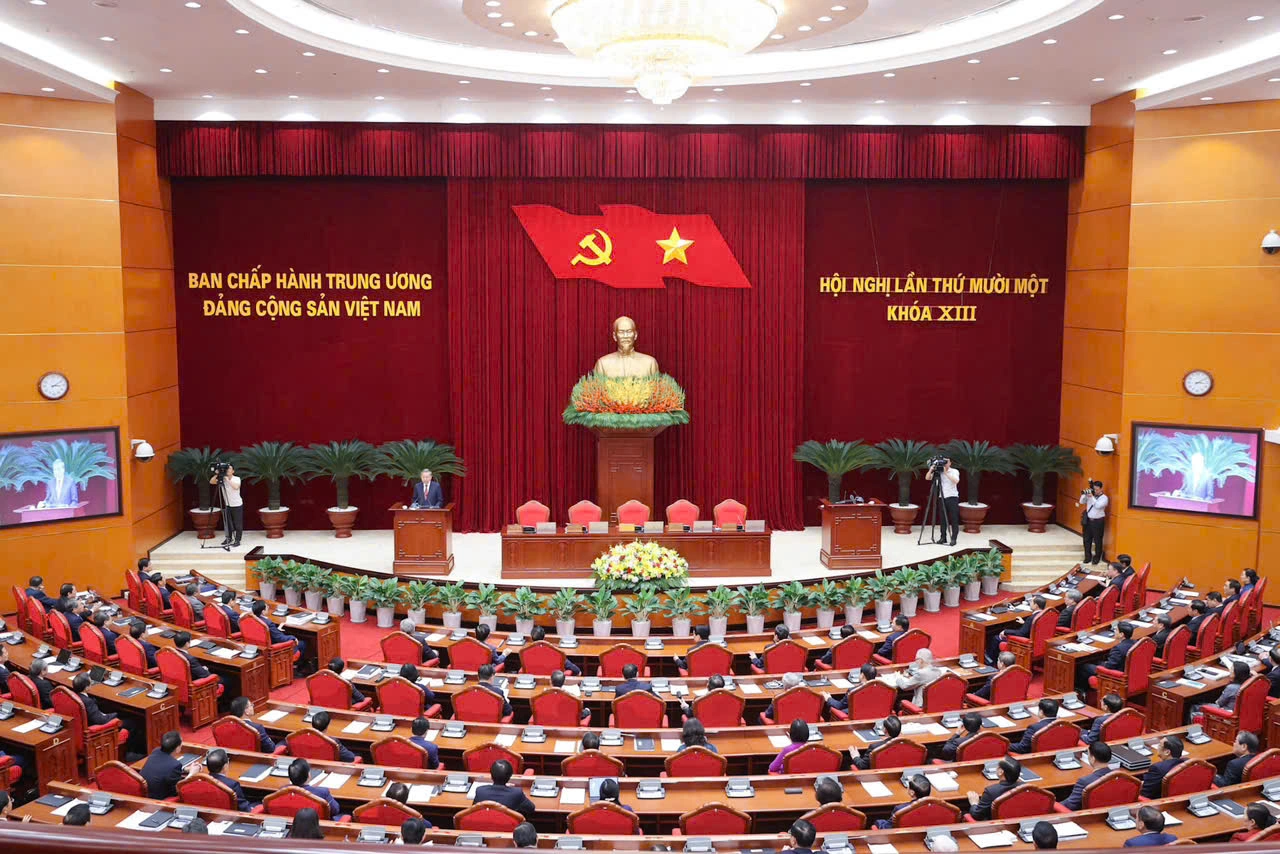
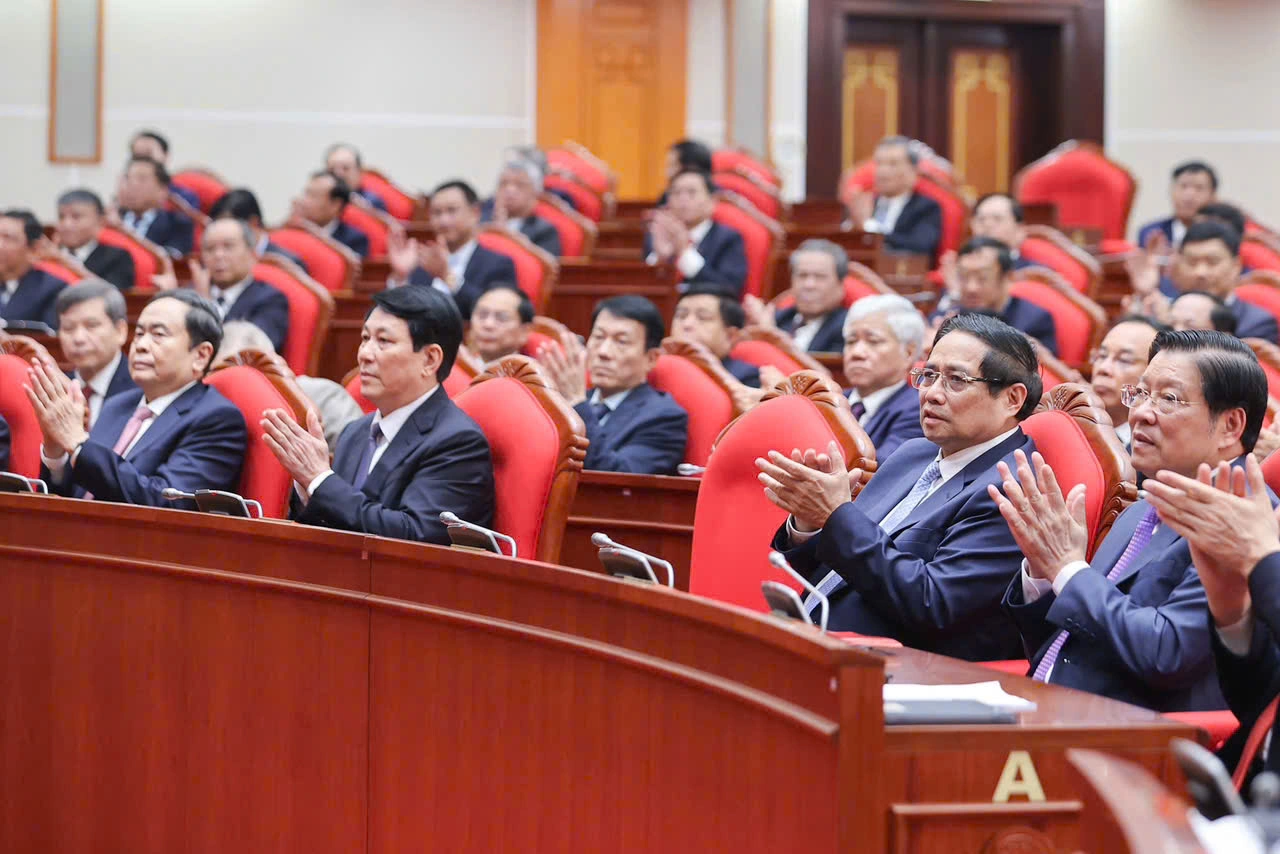





![[Photo] Prime Minister Pham Minh Chinh chairs conference on anti-smuggling, trade fraud, and counterfeit goods](https://vphoto.vietnam.vn/thumb/1200x675/vietnam/resource/IMAGE/2025/5/14/6cd67667e99e4248b7d4f587fd21e37c)
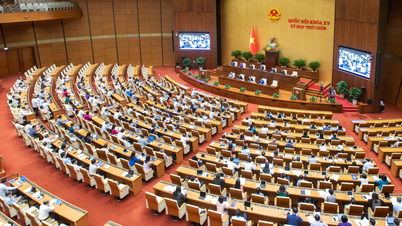
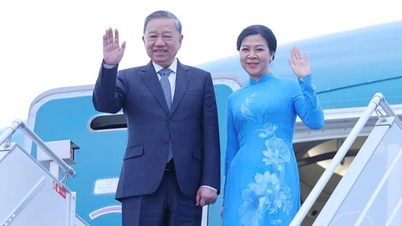



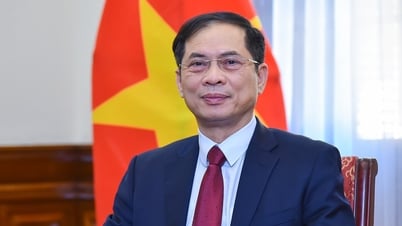


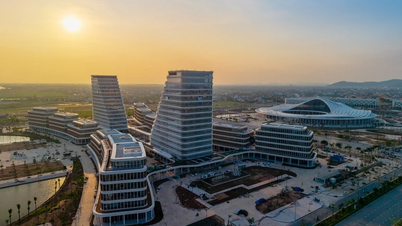




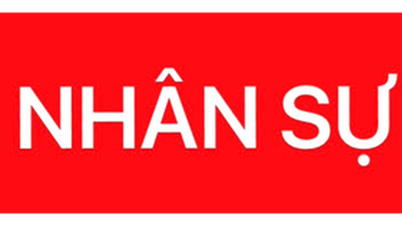











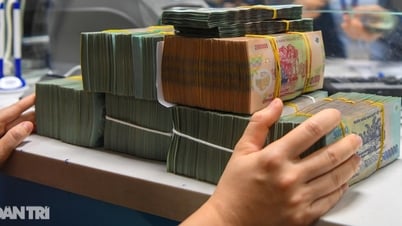


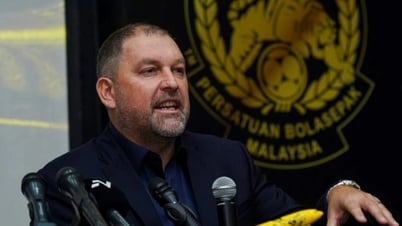




































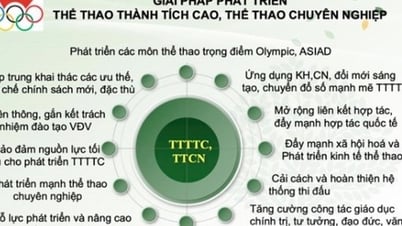


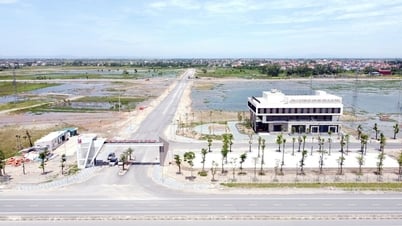

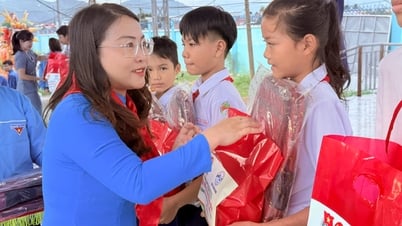

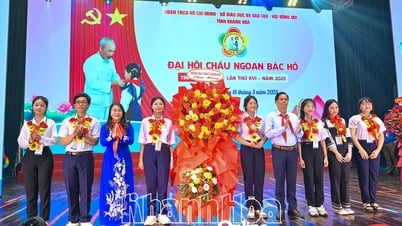


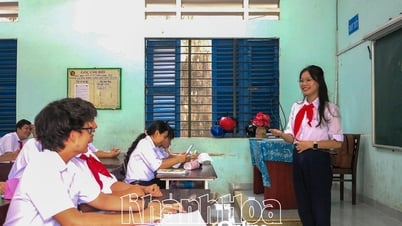







Comment (0)